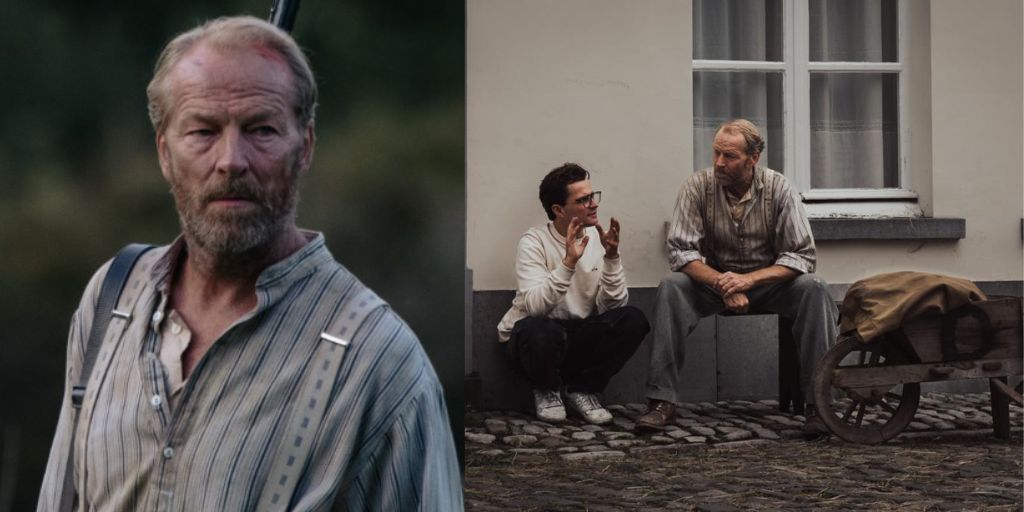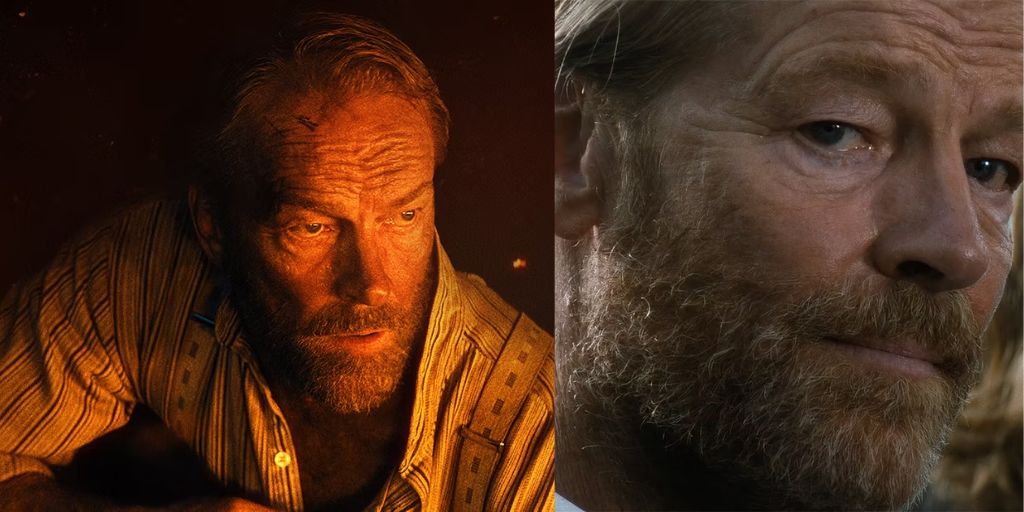War is harsh, and so are war films that don’t quite succeed. In recent years, the film industry has been full of new takes on World War I, especially on trench warfare and personal heroism.
Films like the UK’s 1917, Germany’s remake of All Quiet on the Western Front, France’s Au revoir là-haut (See You Up There), and Latvia’s Dvēseļu putenis (Blizzard of Souls) has brought unique perspectives on this tragic war. Julien Hayet-Kerknawi presents the Dutch view of the war in his film The Last Front, though it only partially succeeds.
Although the film is set in Belgium, the cast is mainly English and Scottish. This choice makes it difficult to connect with the story, as their accents break the immersion repeatedly. Belgium has a thriving film industry and talented actors, which makes it surprising that The Last Front chose actors who struggle with Dutch and German accents.
The Last Front Fails to Confront the True Horrors of War
The film is set in the early days of World War I. It stars Iain Glen as Leonard Lambert, the head of a small farming family near a Belgian village. The film successfully shows the Lambert family’s relationships early on, including Leonard’s grief over his late wife and his son Adrien’s (James Downie) forbidden romance with Louise (Sasha Luss).
The first thirty minutes of the 98-minute film are engaging. The script, co-written by Hayet-Kerknawi and Katie Wood, is strongest when focusing on the characters’ humanity and why the audience should care about their survival. This makes their tragic fate even more impactful.

As the film continues, it introduces a dysfunctional family dynamic within the German army. Commander Maximillian (Philippe Brenninkmeyer) is disappointed by his son, Lieutenant Laurentz (Joe Anderson). While this contrast might seem interesting, it falls flat because Laurentz and Maximillian come across as caricatures.
They lack depth and only serve as obstacles for Leonard. The script fails to develop them beyond simple antagonists. This approach misses the complexity of how ordinary men could become barbaric during the war.
The film’s dialogue is filled with awkward, philosophical monologues that feel more like inspirational quotes than meaningful conversations. While All Quiet on the Western Front explored the contrast between nature and war, The Last Front uses lengthy exposition that doesn’t advance the story or provide much to think about.
The third act features a philosophical speech by Sasha Luss’s character that seems out of place and weakens the emotional impact. Even Iain Glen’s final soliloquies about Leonard’s dead wife don’t contribute much to the plot, adding to a list of similar film themes.
Hayet-Kerknawi has an eye for beautiful shots, but The Last Front is filled with visually striking moments that don’t hold up when expected to be more than just pretty images.
The film, though flawed and poorly cast, still has moments of interest. Iain Glen performs well despite the script’s weaknesses, and the cast does their best, even if they seem mismatched for the story.





